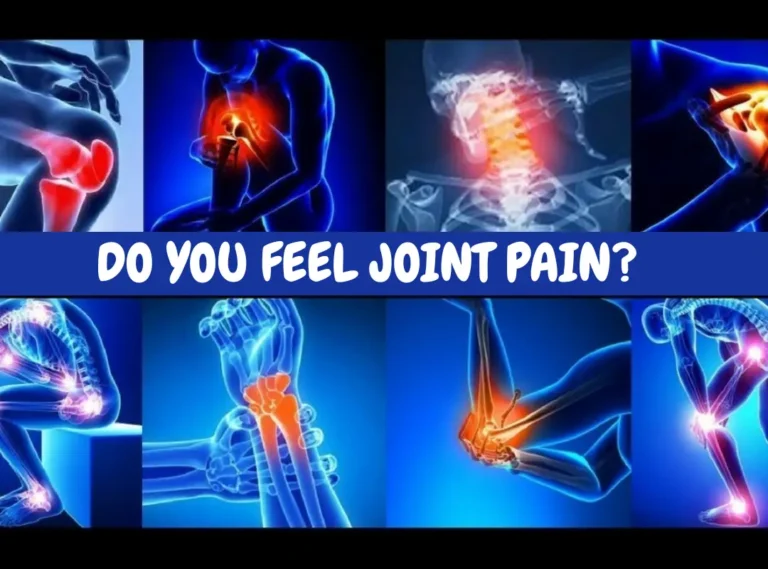
Menopause brings many changes to a woman’s body, and one of the most common complaints among women between 50 and 60 is joint pain. Morning stiffness, trouble climbing stairs, cracking knees, and discomfort in the hands are frequent issues. But why does this happen? And can supplements help relieve these symptoms?
In this article, we’ll explain in simple terms:
-
Why joints become weaker during menopause.
-
The role of calcium and vitamin D in prevention.
-
The main supplements for joint health.
-
How nutrition can naturally support your joints.
- Read: https://mariahchic.com/menopause/does-soy-increase-estrogen/
Why do joints hurt more during menopause?
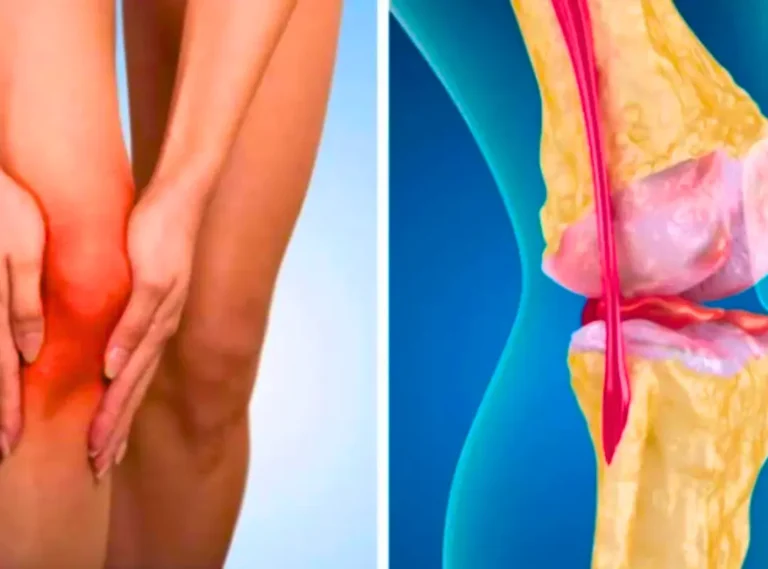
The main reason is the drop in estrogen levels, a hormone that protects both bones and cartilage. Without this protection, joints become more vulnerable to wear and tear.
Cartilage, which acts like a cushion covering the ends of bones, loses elasticity and can become thinner and more fragile. This leads to bones rubbing against each other, causing pain, inflammation, and stiffness. This process is the start of osteoarthritis, which is very common after age 50.
How to prevent joint damage

Although aging is inevitable, some habits can slow down the process:
-
Daily sun exposure: about 15 to 20 minutes, preferably on arms and legs, to stimulate vitamin D production.
-
Vitamin D: regulates calcium absorption, strengthens bones and muscles, and may even reduce joint inflammation.
-
Calcium: essential for maintaining bone density. Without it, the risk of osteoporosis and fractures increases significantly during menopause.
A study published in the Revista Brasileira de Reumatologia (Reis et al., 2017) showed that vitamin D deficiency in postmenopausal women is directly linked to bone loss and a higher risk of joint diseases.
Read: https://mariahchic.com/menopause/skin-dehydration/
Supplements for those already experiencing joint pain

When joint damage has already begun, some supplements can help reduce pain and improve mobility:
-
Glucosamine + Chondroitin + MSM: this combination provides nutrients for cartilage, supports joint lubrication, and reduces inflammation. Studies suggest improvements in stiffness and pain after consistent use.
-
Type II Collagen: the specific collagen found in cartilage. Supplementation can support repair, improve flexibility, and reduce discomfort.
-
Vitamin D and Calcium: even after symptoms appear, they remain essential to prevent further damage.
A clinical trial published in Breast Cancer Research and Treatment (Chaganti et al., 2012) confirmed the safety of glucosamine and chondroitin supplementation in postmenopausal women, reinforcing their role as safe options when used under medical supervision.
Nutrition: a natural treatment for joint health

Beyond supplements, balanced nutrition is one of the pillars of joint health. Include:
-
Lean proteins (fish, eggs, chicken).
-
Fruits and vegetables rich in antioxidants to fight inflammation.
-
Nuts and seeds, which provide healthy fats.
A special tip is bone broth, already discussed on our blog. Rich in natural collagen, gelatin, and minerals, it’s a tasty way to nourish joints and support long-term health.
Read: https://mariahchic.com/menopause/bone-density-with-bone/
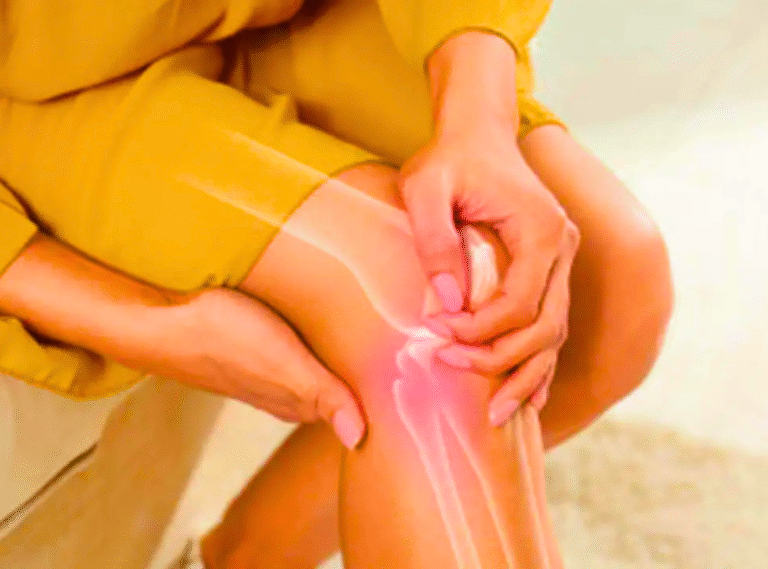
Conclusion: Protect your joints in menopause with prevention and medical guidance
Joint pain in menopause does not have to be accepted as “normal.” With healthy habits, sun exposure, calcium, vitamin D, and specific supplements, it’s possible to reduce discomfort and maintain mobility for much longer.
However, every body responds differently. That’s why it’s essential to consult a doctor or pharmacist before starting any supplement. They can recommend the right dosage and ensure safe and effective treatment.
Read: https://mariahchic.com/menopause/strong-bones-in-menopause/
Scientific References
-
Reis, J. G. et al. Vitamin D and menopause: implications for bone and muscle health. Revista Brasileira de Reumatologia, 2017.
-
Chaganti, R. K. et al. Glucosamine and chondroitin in women receiving adjuvant aromatase inhibitor therapy for breast cancer: phase II safety trial. Breast Cancer Research and Treatment, 2012.
-
Khalid, F. et al. Relationship of vitamin D levels, bone mineral density, and primary knee osteoarthritis in postmenopausal women: a cross-sectional study. Egyptian Rheumatology and Rehabilitation, 2025.
Written and reviewed by: Dr. Vilma Mendonça
Photo sources: Yandex



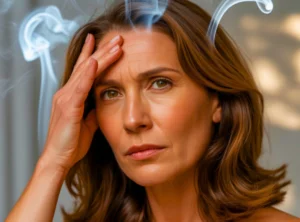

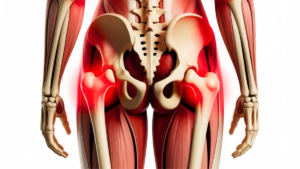
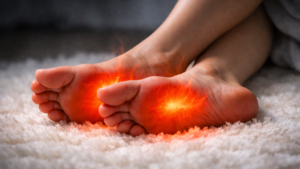
5 Comments
[…] https://mariahchic.com/menopause/joint-pain-in-menopause […]
[…] This article explains why abdominal fat becomes more common during menopause, which supplements may help support overall health, and what should be avoided always with a realistic, science-based perspective. https://mariahchic.com/menopause/joint-pain-in-menopause […]
[…] https://mariahchic.com/menopause/joint-pain-in-menopause […]
[…] To counter this process, chondroprotective compounds have been developed substances that help maintain, rebuild, and protect joint cartilage.Among the most studied are Glucosamine, Chondroitin, and MSM, which act synergistically to support cartilage structure and function. Read more: https://mariahchic.com/menopause/joint-pain-in-menopause/ […]
[…] But the big question remains: does hydrolyzed collagen really work during menopause? Let’s explore what science says, the real benefits, and how to use it safely. Read more https://mariahchic.com/menopause/joint-pain-in-menopause/ […]